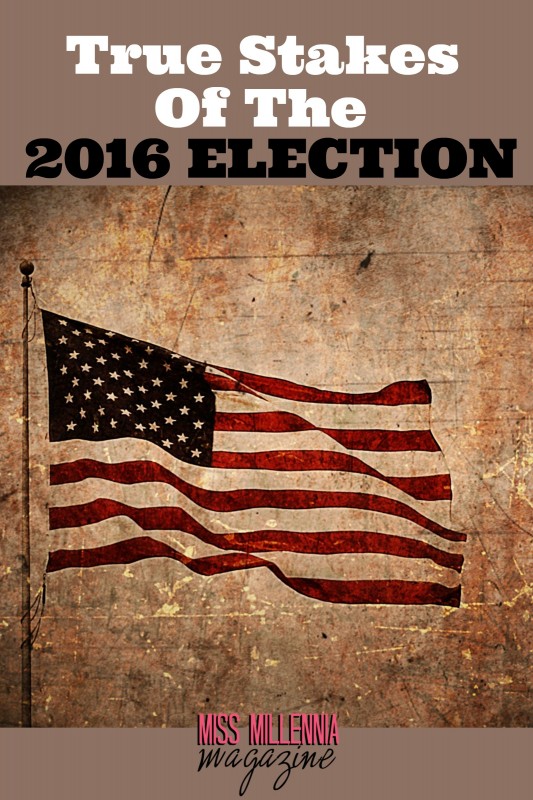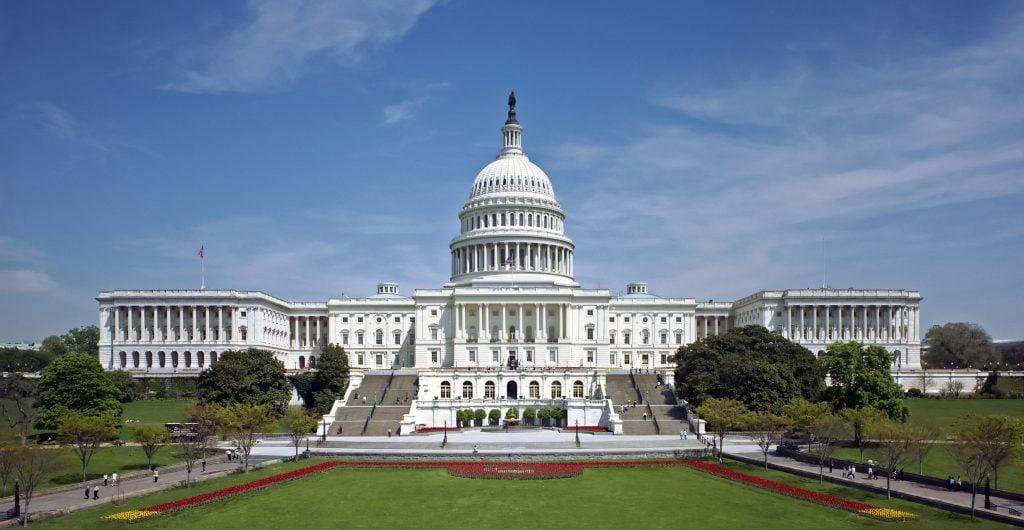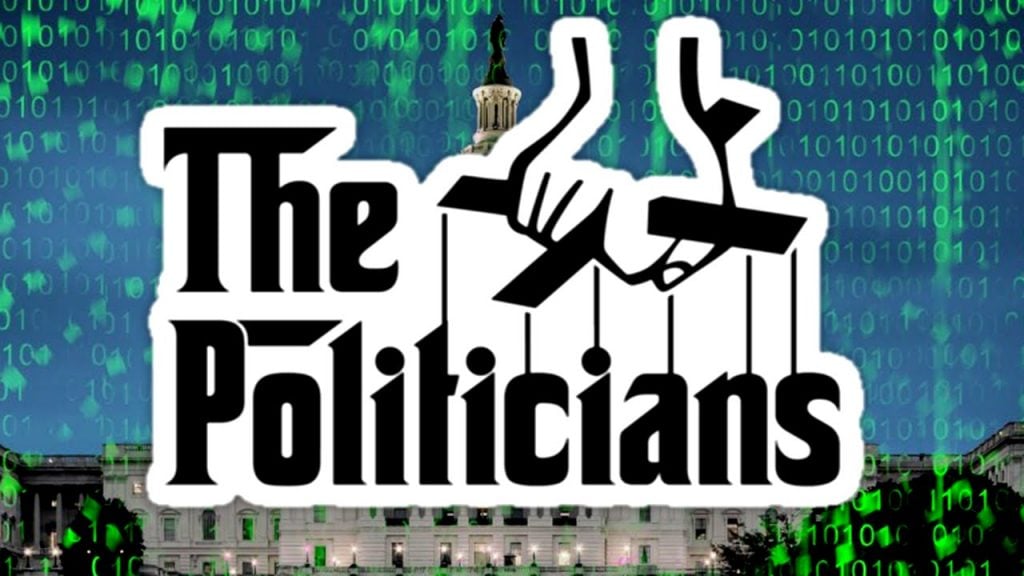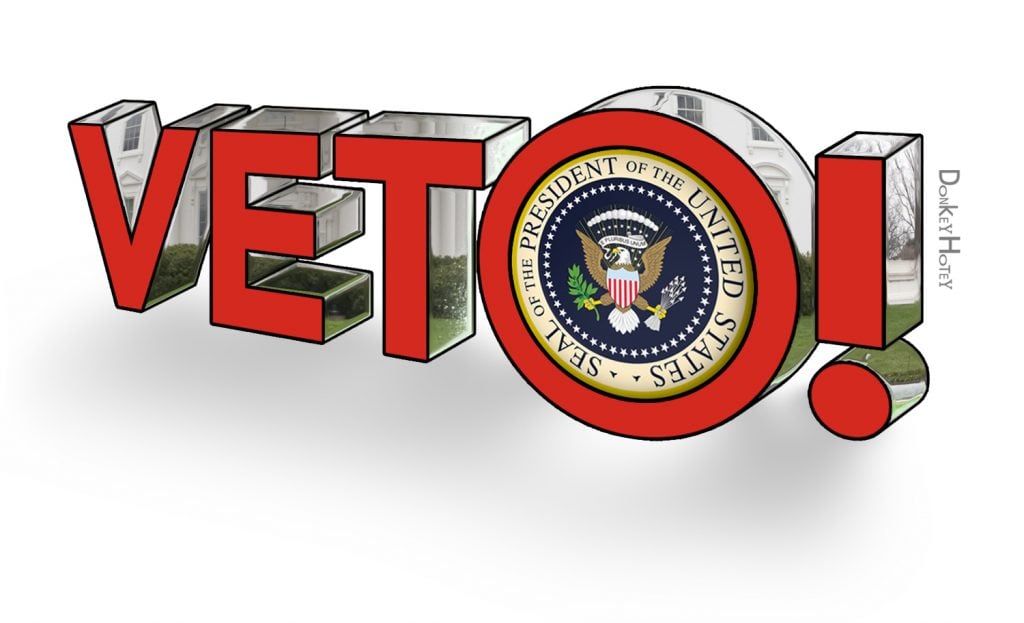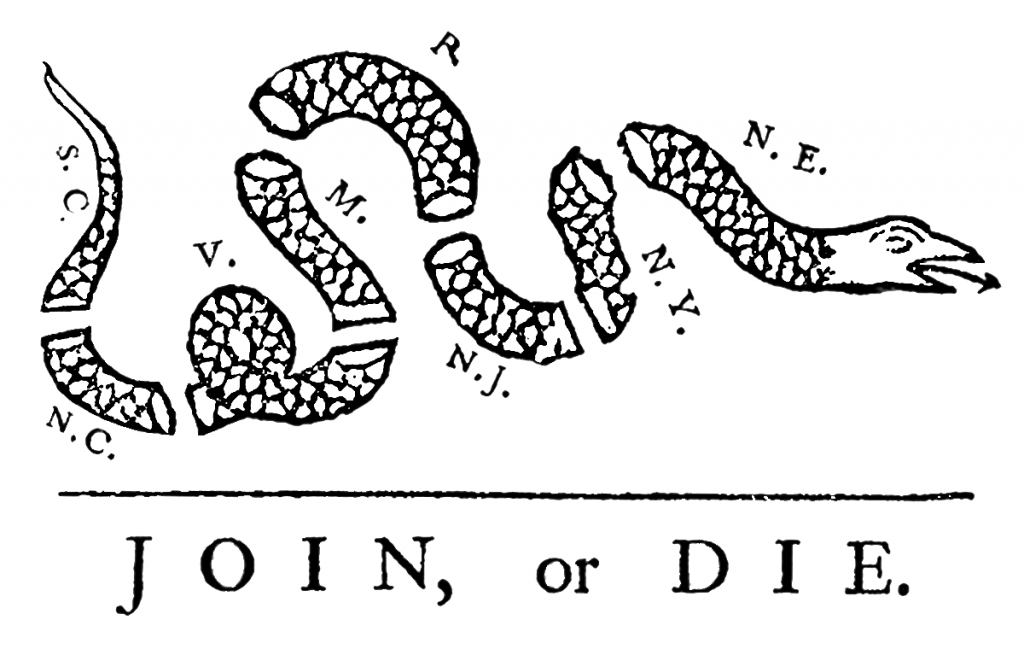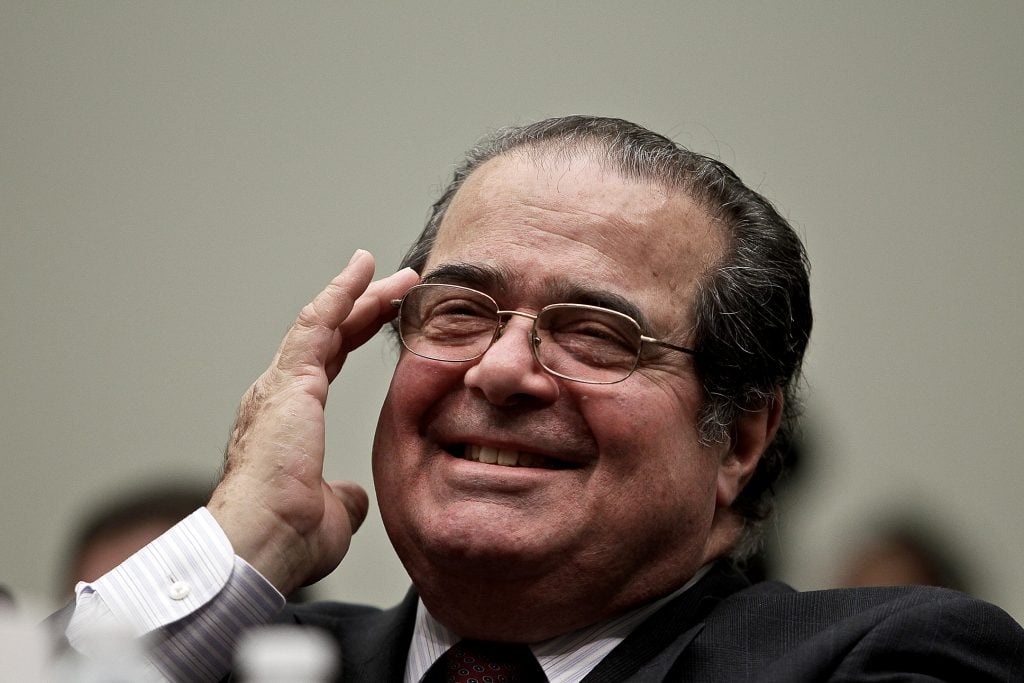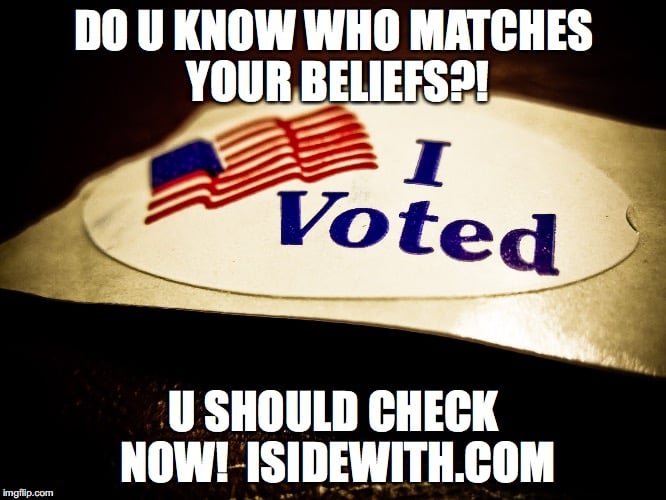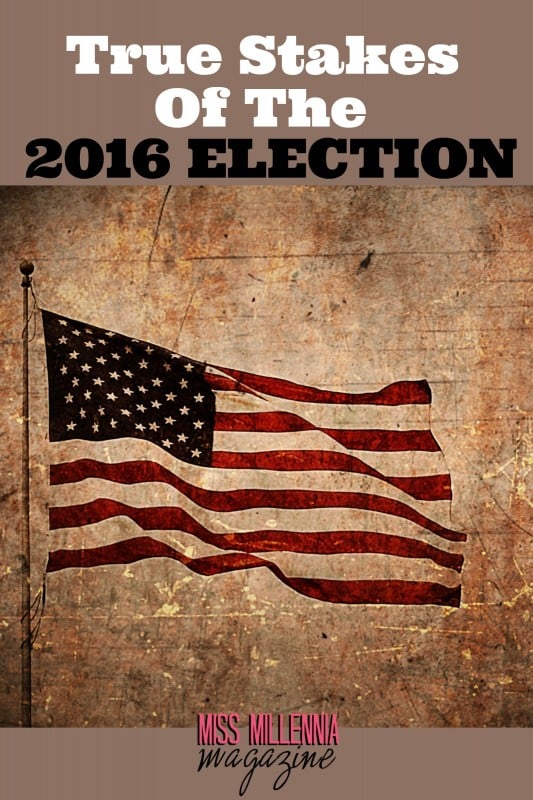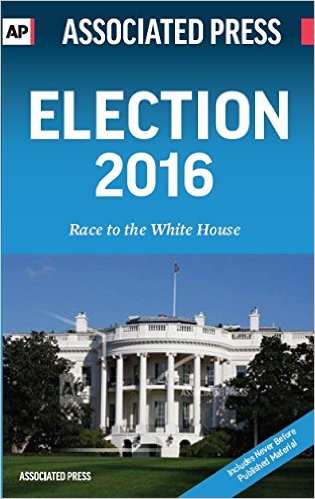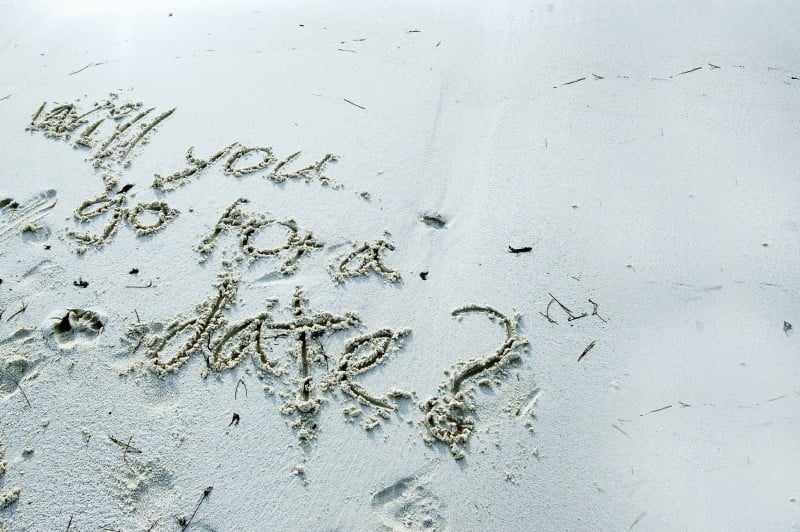The True Stakes of the 2016 Election
As a Millennial or otherwise, it is essential to get a proper foothold on how our country operates and functions. To fully understand the actual stakes of the 2016 election, we need to refresh our memories about the organization of America.
At the root of all is the U.S. Constitution. Through the Constitution, our President, Congress, and Supreme Court are given rights and powers. Our Constitution also defines our rights as individuals (Pursuit of Happyness…. anyone?).
All laws, rules, and regulations in the United States of America stem from the Constitution. If they do not or are found to be unconstitutional, they are struck down. Not only does the Constitution form our country’s government, but it governs every moment of our daily lives.
This is easy to forget and overlook while we stroll through life. If you need some emotional support while perusing this article, you can find a playlist that I made just for the occasion: Vocal Profusion.
How much do you know about the government and its structure? Do you think that the government has an impact on you? Have you been uninterested in voting because your voice does not matter? Let’s review these things.
I would be interested to see in your comments if there are any particular functions, roles, rights, or abilities you were not familiar with previously (for guidance in creating future articles).
To make an informed decision regarding the 2016 Election (Presidential, Congressional, etc.), it is helpful to re-familiarize ourselves with the functions of the three branches of government in the United States of America. Creating the USA was no small feat, and our founding fathers were comprehensive — hoping to create a legacy that would carry America into an unknown future.
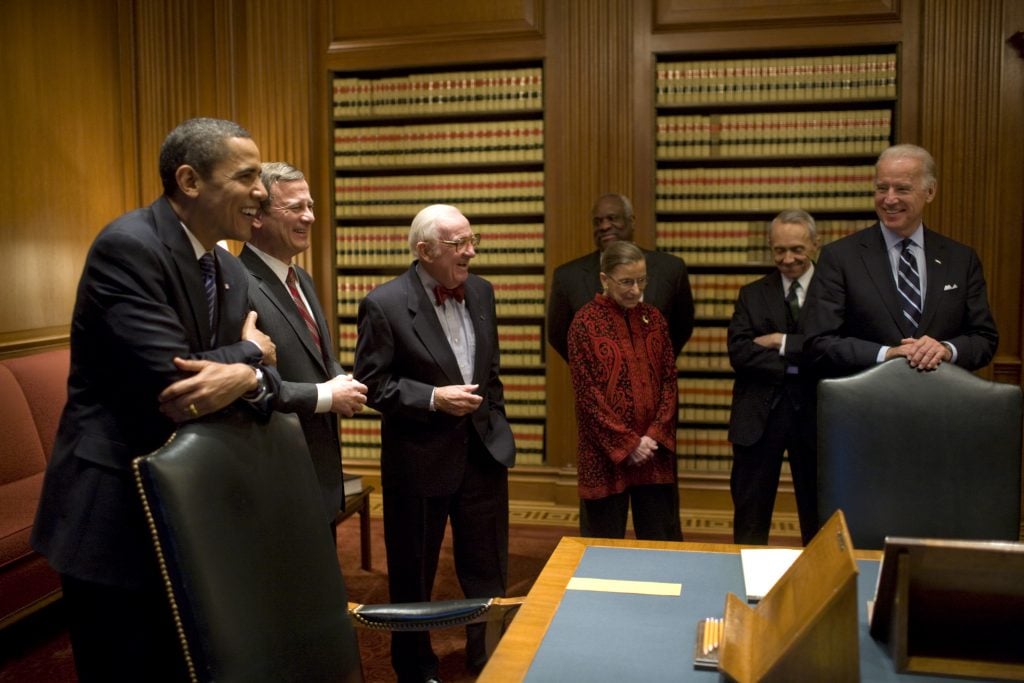
(Photo by Pete Souza/Obama Transition Team)
Executive Branch vs. Legislative Branch vs. Judicial Branch
As Americans, we are insulated by the Constitution, which protects us. We are safe from shifting perceptions of what may be right or wrong, just or unjust, or guaranteed rights vs. conditional rights. Foreigners want to come to America because of our Constitution, which is the underlying reason. Benefits such as work, freedom, security, and safety from persecution are just the identifiable outcomes of our Constitution.
America is a special place that holds bountiful hope for citizens of other countries. Hope is not just because of the opportunity to work and get a good job. Hope exists because the Constitution protects our rights, liberties, and freedoms.
Checks and balances are an integral part of Congress of the U.S. Government and the Constitution. This system is designed to prevent any particular branch from becoming too powerful.
Legislative Branch – Powers
Let’s start with the Legislative Branch First (Congress). Congress comprises two chambers: The Senate (2 members per state – 100 total members) and the House of Representatives (proportional representation based on population – 435 full members).
Senators have six-year terms, with elections for 1/3 of the Senate held every two years. House Representatives serve two-year terms and are up for election every two years. This year, the full House of Representatives and 1/3 of the Senate are up for re-election, as well as the President.
Congress is granted powers (by the Constitution) to make the laws of the land, to create and approve the federal budget, and the sole authority to declare wars. Congress controls the budget by authorizing and collecting taxes. If there is insufficient revenue, Congress can approve borrowing to fund the government, its agencies, and programs. Both chambers (the Senate and the House of Representatives) have significant powers of investigation through committees, hearings, and trial proceedings.
**If you want a Congress that does more than ‘nothing,’ you should probably get involved and start voting. Elect someone that will get what you want to accomplish.
Legislative Branch – Checks Against the Executive Branch
- Approves Treaties ( Think Iran deal…)
- Approves Presidential Appointments (or refuses even to have interviews such as now)
- Controls funding for the President’s executive actions (de-funding or limited funding) – Think House of Cards – Congress sucks away the funds for ‘America Works.
- Override Presidential Vetoes with a 2/3 vote
- Can remove the President through Impeachment
Legislative Branch – Checks Against the Judicial Branch
- Congress created the lower courts (federal court circuits) – they can close all federal courts other than the Supreme Court with a new ruling if they choose
- Can remove Federal Judges, even Supreme Court Judges, through impeachment
- Approves appointments of the Judges
Executive Branch – Powers
What can the President do? What are their duties? This seems to be one of the most commonly misunderstood functions of the government.
See if these answers surprise you. The Executive Branch comprises the President of the United States, the Vice President, and the Cabinet.
The President serves as the head of the government, as well as the Commander-in-Chief of the Armed Forces. The Executive Branch is large and employs over 4 million people, including those in the Armed Forces. The President is tasked with executing and enforcing the laws that Congress creates.
Also, the President is responsible for appointing the heads of the Presidential Cabinet, composed of 15 Executive Departments. Examples of appointed Cabinet Members: Department of State = Secretary John Kerry, Department of the Treasury = Secretary Jack Lew, Department of Defense = Secretary Ashton Carter.
Other Executive Agencies, such as the CIA and the EPA, report directly to the President, though they are not part of the Cabinet.
Worth mentioning is the Vice President, who is the first in line to assume Presidential duties. The Vice President also serves as the President of the Senate and can cast a decision-making vote in a tie.
Let’s get down to business: The President will either sign legislation passed by Congress into law or veto the bill. An Executive Branch’s responsibility is to conduct diplomacy with other nations (Hillary Clinton’s role when she was the Secretary of State previously #email). The President can negotiate and sign treaties, which the Senate must ratify.
Executive Orders are one of the most powerful tools available to the President. An Executive Order can send troops overseas (but not declare war), clarify laws, further existing laws, or force executive officers of various departments to do things. Lastly, the President can pardon federal crimes except for an impeachment.
Executive Branch – Checks Against the Legislative Branch
- The president can veto legislation from becoming law.
- President can call special sessions of Congress
- The president can recommend legislation.
- The president can appeal to the people regarding legislation
**Let’s be clear. The new President can suggest and pass legislation, such as tax reform, immigration, etc. There is no guarantee that any of these will pass through Congress and be approved. However, the President can send troops to war, appoint justices (more on this further down), or issue an Executive Order, such as Obama’s immigration orders, which are going to the Supreme Court later this year.
Executive Branch – Checks Against the Judicial Branch
- President appoints Supreme Court Justices
- The president chooses the Supreme Court Chief Justice.
- President appoints all Federal Judges
Judicial Branch – Powers
Historically, a separate and independent judiciary (federal court system) has not been part of governments until recently, starting with England in 1701. England’s example of an independent judicial system, along with the famous writings of Montesquieu in The Spirit of the Laws, served as the inspiration for The Federalist Papers: A Collection of Essays Written in Favour of the New Constitution. Alexander Hamilton, James Madison, and John Jay wrote The Federalist Papers to gather support for passing the Constitution.
Think of the travesties and atrocities that still occur daily throughout the modern world. Take a look at the governments that control those nations. Most likely, there is not a separate judicial system. There may be courts, but the courts are probably entirely controlled by the government and are only puppets for the leaders.
Fortunately, our Constitution lays out a plan for a court that is independent and passes binding rulings. That court is the Supreme Court. The laws of Congress design all other Federal Courts.
There is a difference between most cases that we are familiar with, such as criminal law and federal law. Most law in the United States is State Law and varies from state to state. State Law covers contracts, property, family law, criminal law, and torts.
Official federal laws bind state law, but States can grant more rights than the Constitution as long as there is not a conflict between the two. If there is a conflict, Federal law will reign.
Federal Courts will only hear cases that they have jurisdiction over (jurisdiction means the area/territory/range of law and issues that a particular court has control over). As a crude summary, the Federal Courts and Supreme Court have jurisdiction over the following issues: Federal Laws, State vs State lawsuits, States or Citizens of a State vs foreign entities (states, citizens, subjects), Ambassadors and other public ministers or consuls, treaties, as well as maritime and admiralty law (laws about stuff in, on, and or around the oceans).
As a stress point, the Supreme Court is of particular importance, as the court is tasked with determining the constitutionality of laws. Some hot topics have been Citizens United, which lets corporations contribute unlimited amounts to fund Super PACS for political candidates, gay marriage, abortion, and soon to come: immigration.
Judicial Branch – Checks Against the Executive Branch
- They are appointed for life, so they are free from political control and ploys from the executive branch
- Judicial Review – Against Executive Orders (if it’s not constitutional, then it’s gone!)
- Judicial Review – Against Federal Laws (the president has to sign them into law first)
Judicial Branch – Checks Against the Legislative Branch
- Judicial Review – Against Federal Laws (though only one sad bullet point here, the power of Judicial Review is unimaginably vast–any law can be deemed unconstitutional, then poof, bye-law)
Stakes of the 2016 Election
The stakes of the 2016 Election are vast and far-reaching. This election season has a nearly unprecedented opportunity for upheaval across the congressional, judicial, and executive limbs of the government of the United States. 1/3 of the Senate, as well as all 435 members of the House of Representatives, are up for re-election.
This in and of itself can lead to massive changes in the makeup of the Senate and the House. It remains to be seen who will reign victorious and ascend to the throne of the Presidency of the United States.
All of the background up to this point in the article has been to set the stage. We are living in a period in which turbulence is running at full force in the world, in financial markets, and in the political arena. 2015 has been a big year for the government and current President Obama.
Justice Antonin Scalia’s unexpected death has thrown a significant wrench into the race for the Presidency. Candidates are now being asked more urgently what their ideal nominee to the Supreme Court would look like.
Why does this matter? Look at the record of significant Supreme Court rulings for 2015. Many were almost evenly split, with decisions rejecting or approving the underlying rulings by a margin of 1 relatively frequently.
What were some of the most big-ticket items the court addressed this year? Let’s look:
- Same-Sex Marriage – the court decided the Constitution guarantees the right to same-sex marriage: Decided by a 5-4 ruling
- Health Care Subsidies – the court ruled in favor of states providing subsidies (otherwise, millions would have lost subsidies and likely not have been able to pay for coverage)
- Pollution Limits – the court ruled against the EPA (Environmental Protection Agency) because of a failure to address cost-benefit analysis for new emissions rules. Decided by a 5-4 ruling.
- Confederate Flag and Free Speech – the court ruled in favor of Texas – prevented motorists from having a Confederate Flag license plate: Decided by a 5-4 ruling.
- Redistricting – the court ruled that voters are allowed to remove the power to draw district lines from elected lawmakers: Decided by a 5-4 ruling
Many other important decisions were made in 2015. However, these different cases highlight the polarity that exists on the Supreme Court right now.
Ok. So, really, what’s the point? I’m getting to it.
The Point: this election will, in a sense, determine what the outcomes of cases such as these will be for the next 20+ years. Why? The next president will nominate potentially up to four Justices for the Supreme Court.
Scalia’s spot needs to be filled. Three other Justices are 80 years old, which is the range for their retirement (generally and historically speaking).
If you are still having trouble envisioning what the effect of any of these changes would be, let’s look at some of these and other cases with a different makeup of Supreme Court Justices. If the court had more conservatives (think Republican nominees) – then same-sex marriage bans would probably still be legal. If more conservatives go to the court, the Affordable Care Act will likely be overturned.
Abortion would very possibly be illegal today if there were more conservatives on the court about forty years ago. Additionally, from a liberal (or Democratic) nominee view, if there were a few more liberals on the court, the Citizens United Ruling (previously addressed) would have likely been against big money in politics (something that Sanders especially is pushing to get overturned currently).
The Point: Liberal Democratic nominees or conservative Republican nominees will have a tremendous impact on our country. Look at this section closely, and help to make sure that your decision for a candidate and or a party will yield results that you believe and feel are right from a moral and legal perspective.
If you cannot imagine living in our country with some of the above cases going the other way or would prefer that cases did turn out differently, that will serve as a diving rod to show you what policies and issues you care for significantly. Subsequently, these will lead you to a candidate that supports your viewpoint and position.
Party lines will be a main defining factor in appointing Justices to the court but will fluctuate a bit depending on who the ultimate candidates are. It has been speculated that Obama will nominate a Republican Governor (but a centrist, so he will be somewhat more liberal) as a Justice, probably towards the end of March.
Still lost? There is a free and phenomenal resource available online that is designed to help you assess who you want to vote for in the Presidential Election. ISideWith.com is based on published research, policy, and platforms for each candidate.
By answering a few brief questions about the significant issues that are the focus of this election, you will be given a result showing what candidate matches your beliefs. The results may surprise you.
Resources
- National Conference of State Legislatures
- Let Me Finish: The Importance of the Supreme Court
- Does the Supreme Court Matter?
- The [Supreme] Court and Constitutional Interpretation
- About the Supreme Court
- bio: Charles-Louis de Secondat, Baron de La Brède and de Montesquieu
- The Spirit of the Laws
- Substantive Due Process
- Judicial Independence
- International Association of Judicial Independence and World Peace
- Obama’s Two-Part Scalia Strategy: Shame and Credible Nominee
- Executive Power: An Overview
- Branches of Government
- The Executive Branch
- The Legislative Branch
- The Judicial Branch
- The Cabinet
- Checks and Balances – Defining Governmental Authority
- Three Branches of Government
- A Ruling Against the Obama Administration on Immigration
- A Brief Overview of the Supreme Court
- The Pursuit of Happyness
- Major Supreme Court Cases in 2015
- Obama reportedly considering Nevada Gov. Sandoval for Supreme Court Nomination
- ISideWith.com

